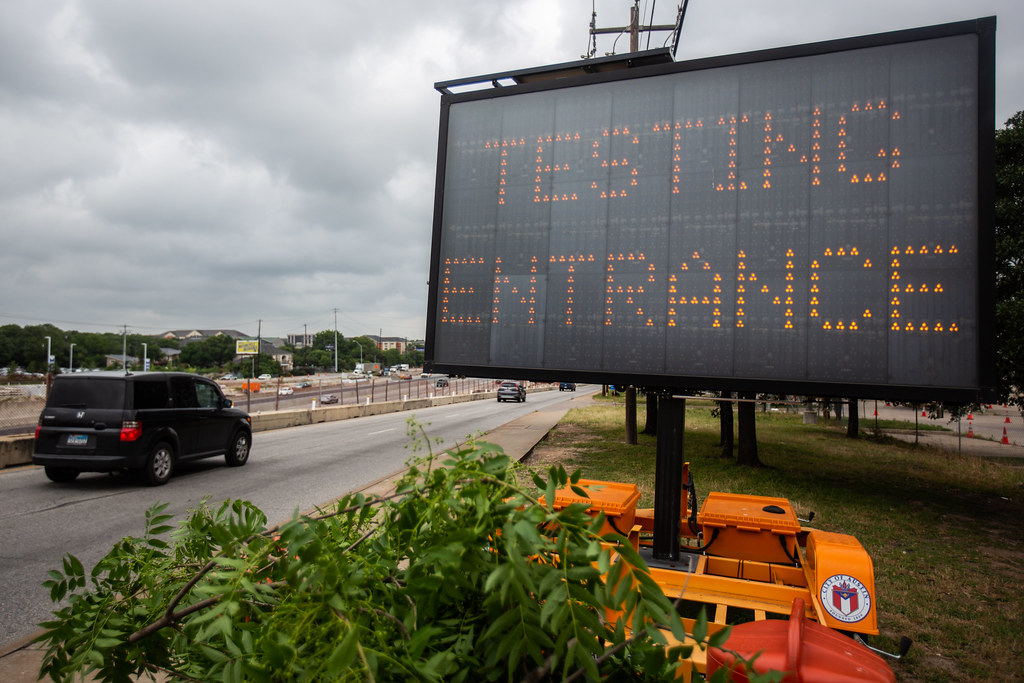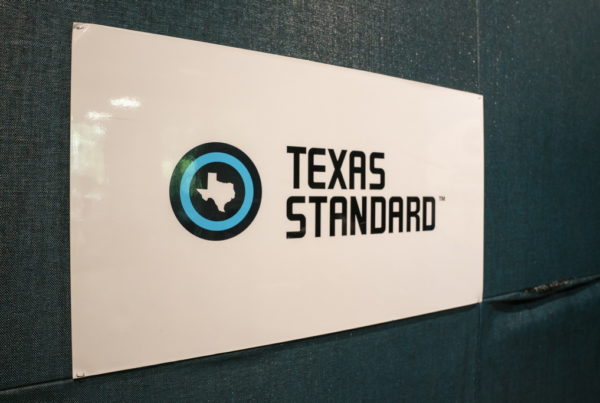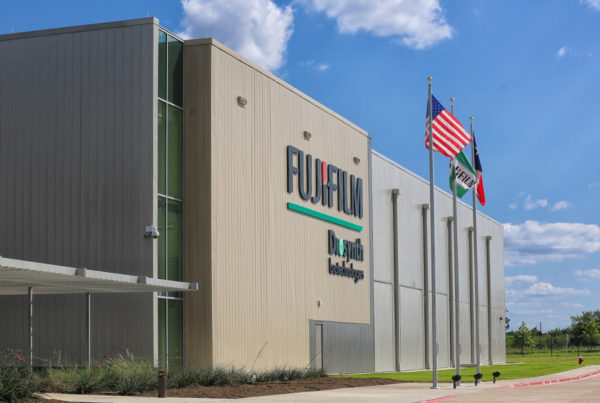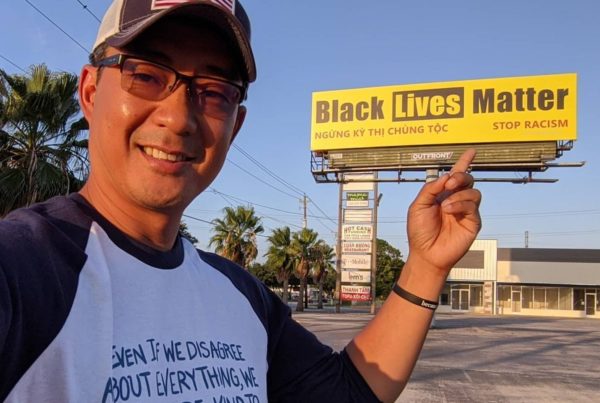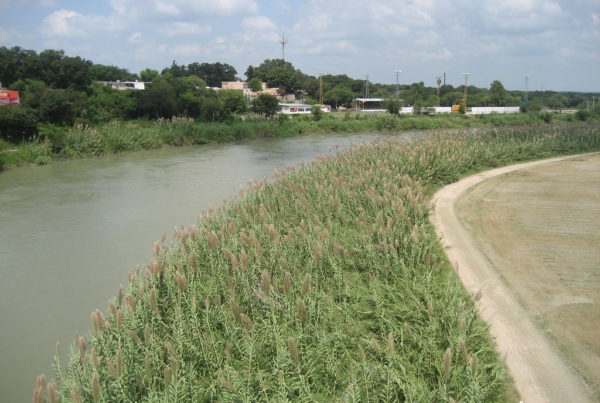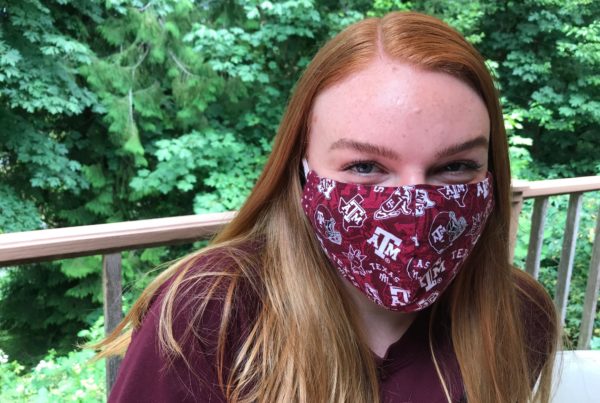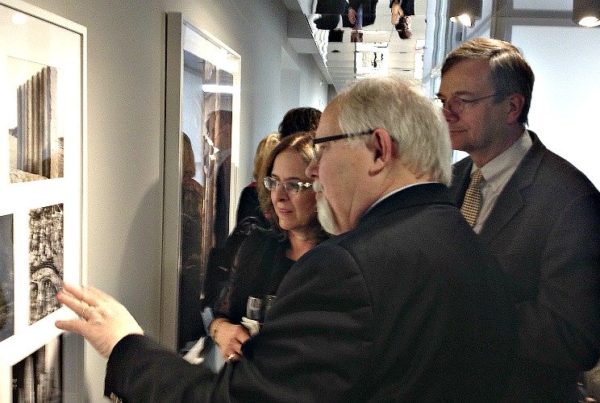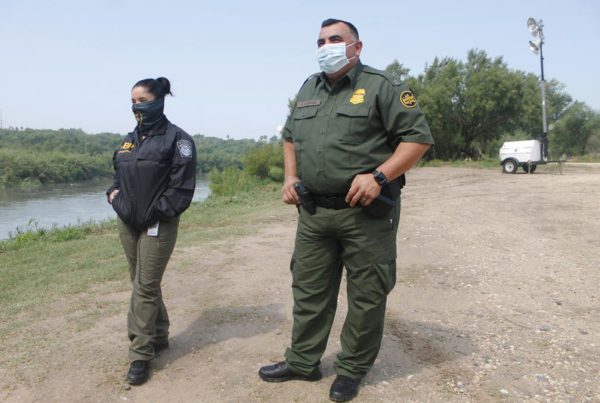Ever since medical experts determined that COVID-19 is a pulmonary disease that affects the heart and other organs, the state of Texas has begun counting deaths from the disease differently. Doing so increased the state’s COVID-19 death toll by 12% – to 5,700 lives lost so far. But at the same time, the rate of increase in new COVID-19 cases in the state appears to have reached a plateau.
Dr. Peter Hotez is dean of the National School of Tropical Medicine at Baylor College of Medicine in Houston, and co-director of Texas’ Children’s Hospital Center for Vaccine Development. He told Texas Standard’s Joy Díaz on Tuesday that despite changes in the way Texas tallies COVID-19 deaths, the plateau in new cases is real.
“It’s good that [cases] are not really going up so much,” Hotez said. “The bad news is that they’ve plateaued at a very high rate.”
Hotez said that while coronavirus hospitalizations at the Texas Medical Center in Houston “seem down a bit now,” people are still passing the virus to one another. And even as the rate of increase slows, the number of infections and deaths are alarming.
“Right now, COVID-19 is probably the single leading cause of death on a daily basis in the state of Texas,” Hotez said. “It’s just like it was in New York back in March and April.”
The risk of contracting and being hospitalized with COVID-19 remains high in low-income and minority communities. Hotez pointed out South Texas – from Victoria to the southern border – as a region especially struggling with the disease.
“I think we’re seeing historic decimation of Hispanic communities,” he said.
Hotez said the premature reopening of Texas in March and April, along with poor leadership from the federal government, has contributed to persistent high rates of infection, not only in Texas, but around the nation.
“The states were never in a position to know how to manage all the epidemiology, and they needed the political cover of the federal government in this very volatile political time,” Hotez said.
Many have pinned their hopes on a COVID-19 vaccine. Hotez said it’s unlikely one will be available before the middle of next year, and that other solutions are needed in the meantime.
“We have to get around this notion that we’re just going to stand around and wait for vaccines,” he said.
Web story by Shelly Brisbin.


